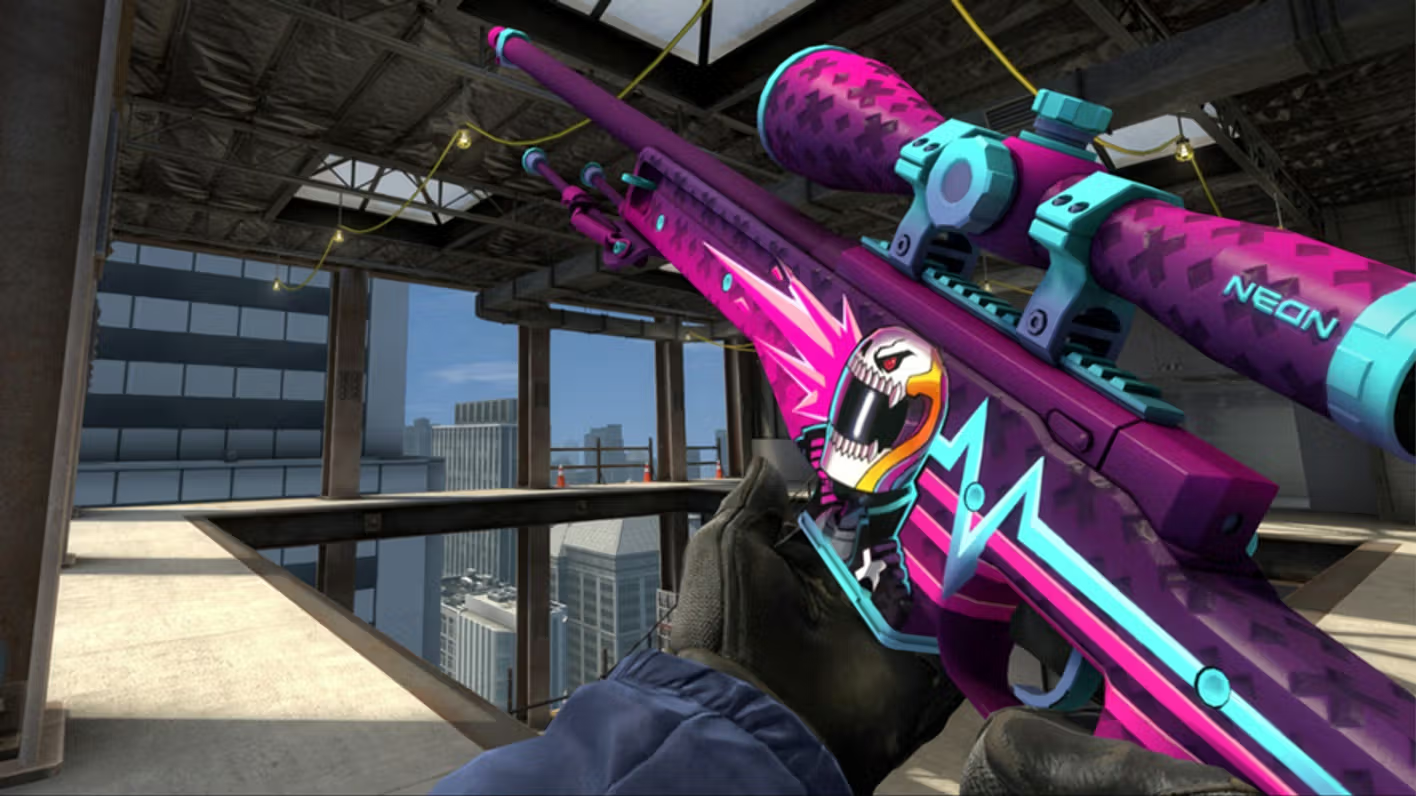Savor the Flavors: Bombay Beijing Fine Foods
Exploring the fusion of Indian and Chinese cuisines with delicious recipes and culinary tips.
When Skins Make Splashes: The Unseen Impact of CS2 Cosmetics on Gameplay
Discover how CS2 cosmetics affect gameplay in unexpected ways. Unlock the secrets behind skins and elevate your gaming experience!
The Hidden Effects of CS2 Cosmetics: Enhancing Gameplay Experience
In the world of competitive gaming, CS2 cosmetics have become more than just aesthetic upgrades; they play a significant role in enhancing the overall gameplay experience. These cosmetics, which include skins, stickers, and graffiti, can influence a player's emotional connection to the game, fostering a greater sense of immersion. When players customize their characters and weapons, they often express their individuality and create a unique identity within the game. This emotional investment can lead to increased enjoyment, making matches feel less like a chore and more like a personal journey.
Moreover, the hidden effects of CS2 cosmetics extend beyond mere appearance. Studies have shown that players who display rare or visually appealing skins can enjoy a psychological edge over their opponents. The impression of confidence associated with flashy cosmetics can impact not only the player's performance but also influence their opponents' perception of skill level. As a result, players may find themselves entering matches with boosted morale and heightened competitive spirit, leading to an overall enhanced gameplay experience.

Counter-Strike is a highly popular first-person shooter game that focuses on teamwork and strategy. Players can engage in various game modes, including competitive and casual matches. Many enthusiasts are also interested in the trading and acquiring of in-game items, such as weapon skins. For instance, you can discover the Top-Gewinner von CS2 Skins to see which skins are currently popular among players.
Do Skins Influence Player Performance in CS2? An In-Depth Analysis
The relationship between skins and player performance in CS2 has been a topic of much debate among the gaming community. Many players argue that possessing aesthetically appealing skins can enhance their confidence and overall gameplay. The psychological boost derived from using different weapon skins, whether it's a rare or a customized design, can lead to improved focus during matches. This phenomenon can be attributed to visual appeal potentially increasing a player's enjoyment and motivation, thus indirectly influencing their performance on the battlefield.
However, it's essential to note that the impact of skins on performance is largely subjective. While some players swear by the added confidence they gain from their virtual arsenal, others argue that skills and teamwork outweigh any superficial advantages. Expert players often emphasize that despite the influence of skins on psychology, actual performance hinges more on practice, strategy, and in-game communication. Thus, while unique and rare skins can add a fun element to the game, their actual effect on performance should not be overstated.
Unpacking the Psychological Impact of Cosmetics on CS2 Players
The world of esports, particularly in games like Counter-Strike 2 (CS2), extends beyond just gameplay; it intertwines with psychology and self-perception. Players often use cosmetics—from weapon skins to character models—to express individuality and enhance their gaming experience. The psychological impact of these cosmetics can be profound, leading players to feel a greater sense of attachment to their avatars. This emotional connection might boost their confidence, potentially improving performance during intense matches. In this context, the visual aesthetics of the game become a significant factor in a player's mental state and overall enjoyment.
Moreover, the social dynamics of CS2 players are intricately linked with the use of cosmetics. Players frequently showcase their unique skins and designs, which can lead to feelings of status within the gaming community. This social validation can enhance a player's self-esteem and encourage engagement with others. However, it also raises questions about integrity and authenticity in competitive gaming. As players navigate this landscape, the psychological impact of cosmetics becomes a double-edged sword—while they can boost morale and camaraderie, they can also foster unhealthy comparisons and a sense of inadequacy if one feels unable to invest in similar cosmetic upgrades.